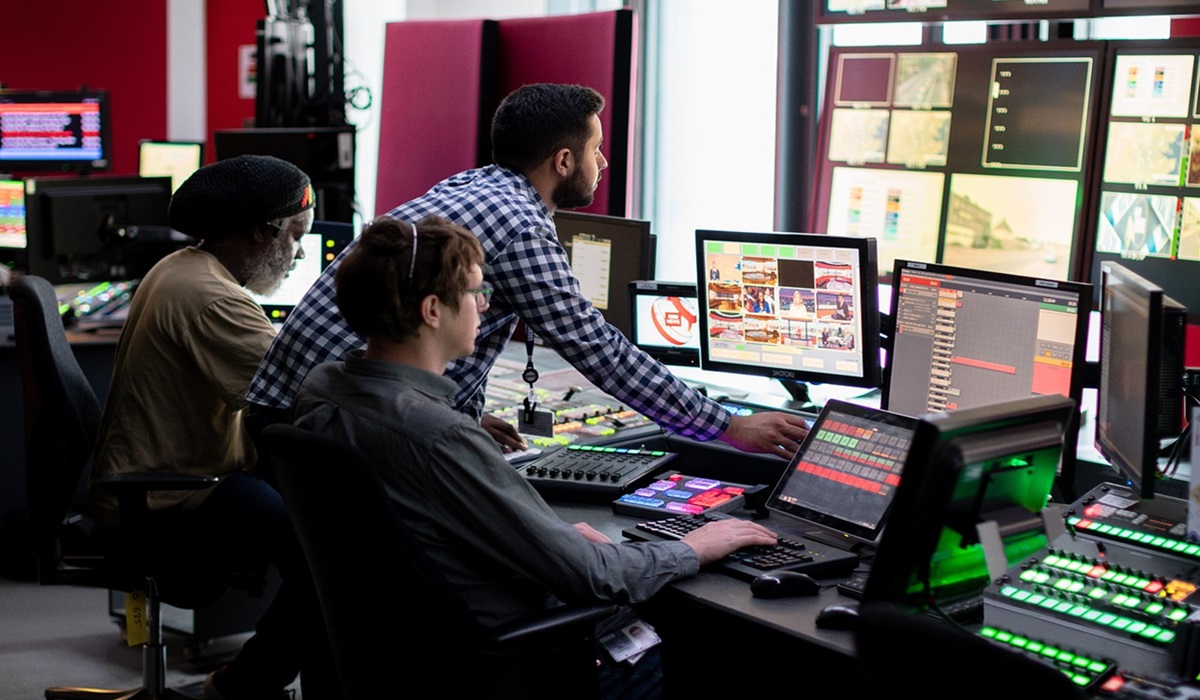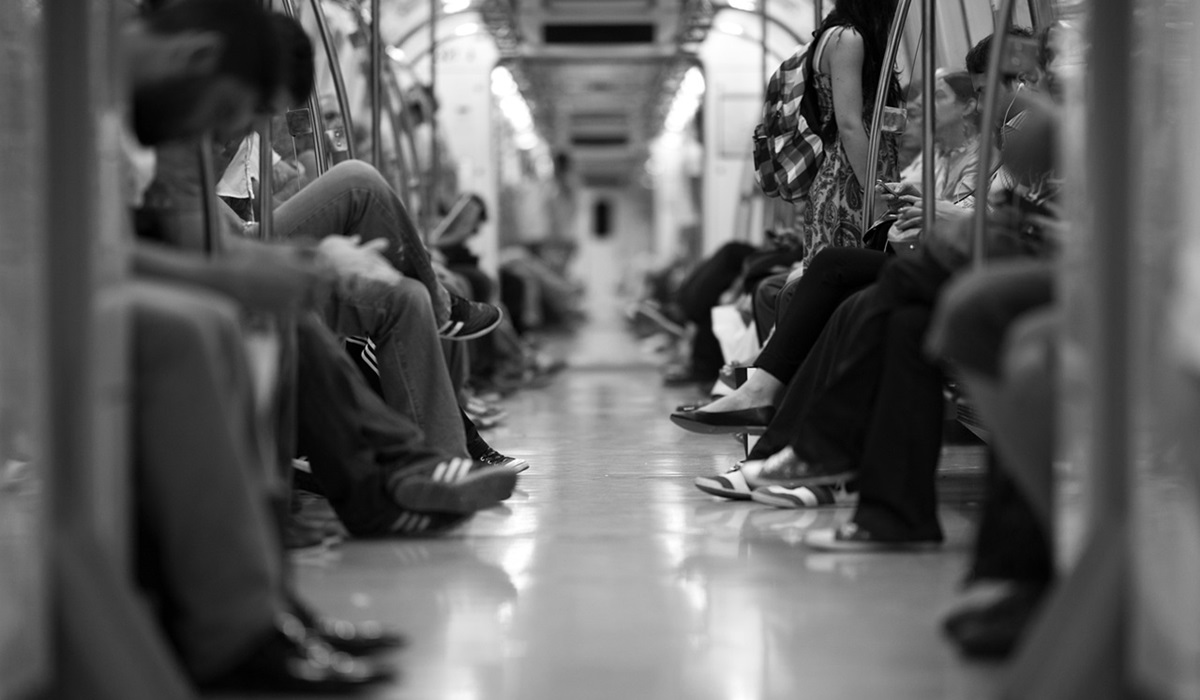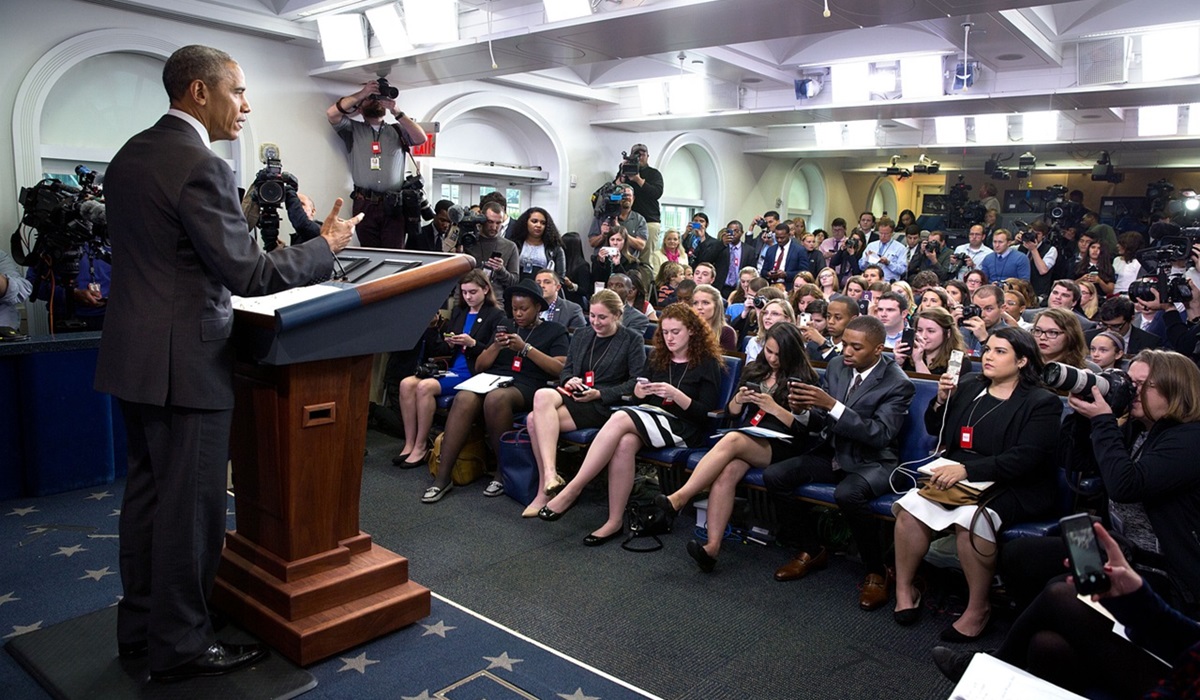Image Credit, This_is_Engineering
The 2024 presidential election was a theater of illusion, orchestrated not just by political operatives but by a media machine adept at spinning narratives and dictating perceptions. As Kamala Harris’s campaign trudged forward against an onslaught of challenges, mainstream media outlets, particularly on the left, painted a picture of a nail-biting race. Poll after poll was cited, suggesting Harris was closing the gap or maintaining a competitive edge against Donald Trump. Yet, the reality of the electorate told a much different story—one that should leave American voters questioning the very foundations of their democracy.
Despite glowing headlines and optimistic punditry, internal data from campaign operatives and independent analysts suggested Trump was poised for a landslide victory long before Election Day. The media’s fixation on “select polls,” often conducted in urban strongholds or among demographics predisposed to favor Harris, presented an alternative reality. These surveys were cherry-picked to feed the narrative of a tight race, ignoring broader national trends that revealed dwindling enthusiasm for Harris in key swing states and the undeniable momentum of her opponent.
Why would a supposedly neutral press engage in such manipulation? The answer lies in the intertwined relationship between politics, media, and money. Major news networks and online platforms were flooded with millions of dollars in advertising revenue from Harris’s campaign and its allied political action committees. The more they perpetuated the illusion of a close contest, the more the dollars flowed, creating a perverse incentive to mislead the public. The media became not just a storyteller but a stakeholder, profiting directly from the campaign’s spending spree.
Celebrity endorsements added another layer of artifice to the spectacle. The stars aligning behind Harris were presented as passionate advocates of democracy and progress. However, behind the glamour of campaign rallies and heartfelt Instagram posts, financial incentives lurked. Many of these high-profile endorsements were not acts of altruism but strategic transactions—contracts negotiated by publicists and managers who saw Harris’s campaign as another gig in the entertainment business. Their influence added a veneer of legitimacy to a campaign struggling to resonate with working-class voters.
What should trouble Americans most is not the failure of Harris’s campaign but the broader implications of media manipulation. Elections, hailed as the cornerstone of a free society, are becoming more about engineered choices than genuine democracy. By shaping perceptions and narrowing the range of acceptable thought, the media tells voters not just who is viable but what is thinkable. This subversion of free will is a direct affront to the democratic process, leaving citizens with the illusion of choice while their options are meticulously curated.
The 2024 election should serve as a wake-up call. As voters, Americans must demand accountability not just from their leaders but from the institutions entrusted to inform them. Without a vigilant electorate willing to question narratives and seek out independent sources of information, the cycle of manipulation will only deepen. Democracy is not just about casting a vote; it’s about ensuring that vote is truly yours to cast, free from the shadow of deceit and coercion.









